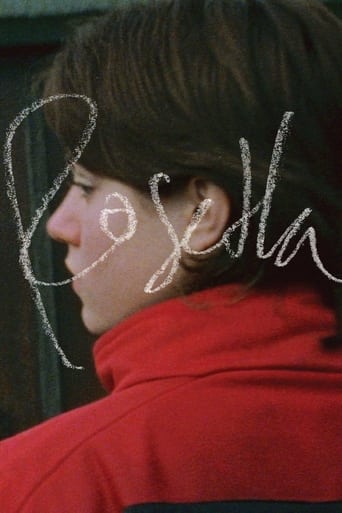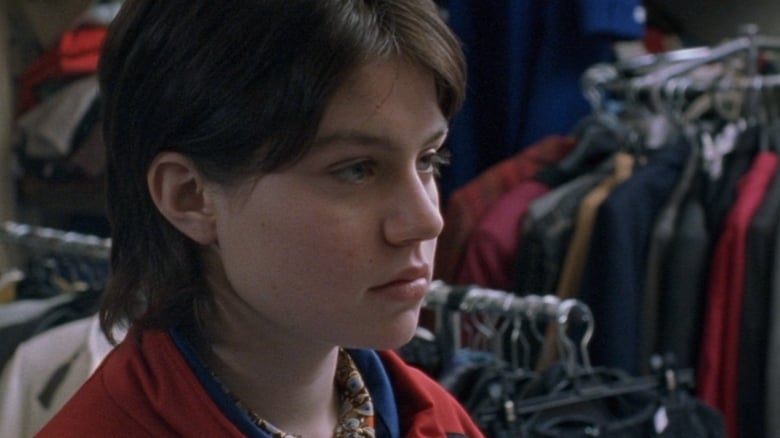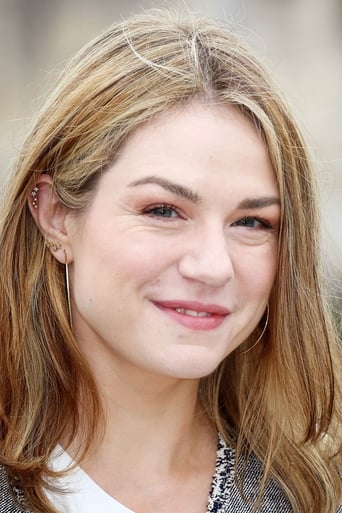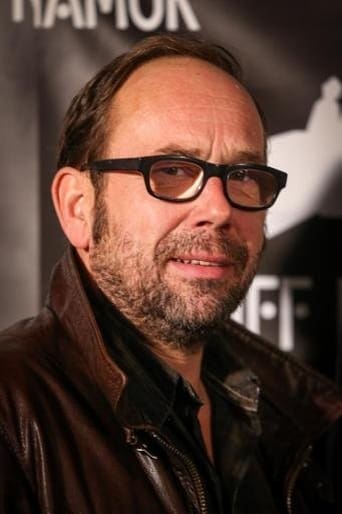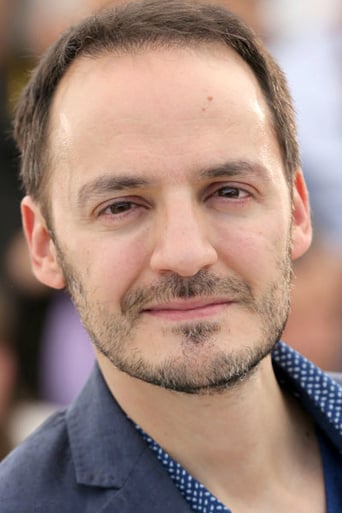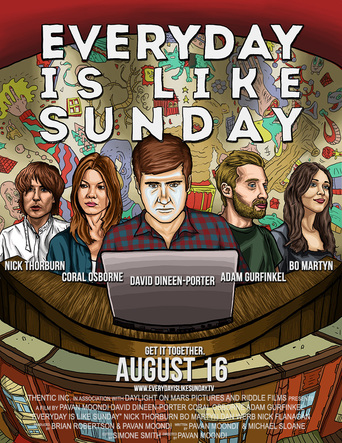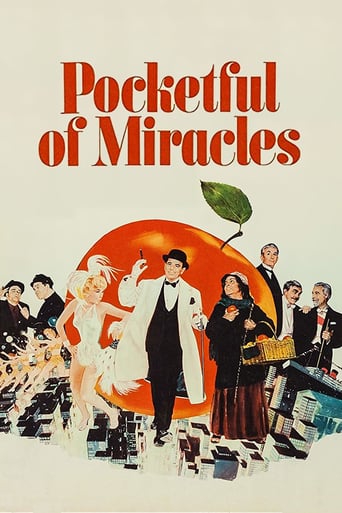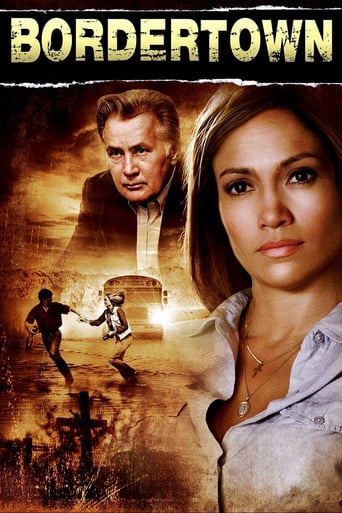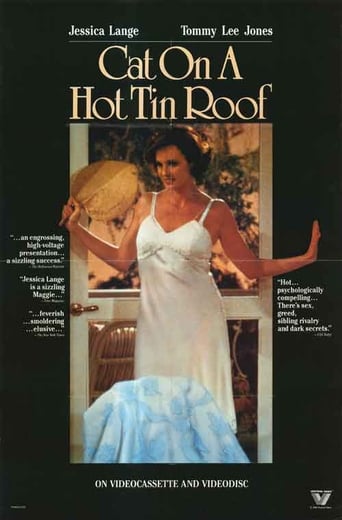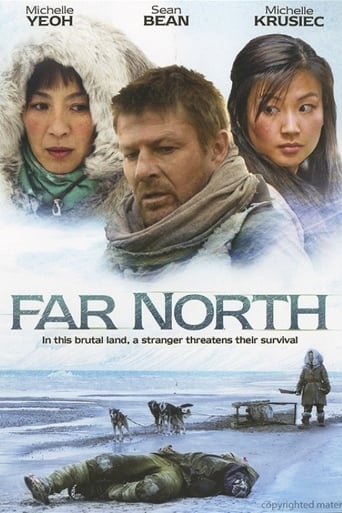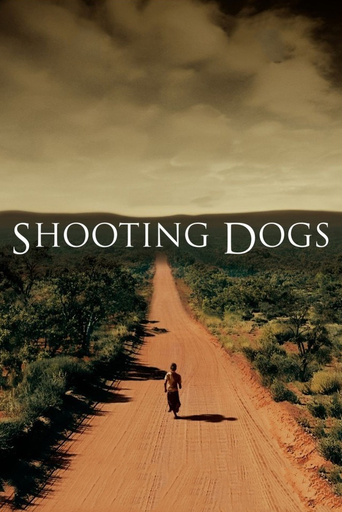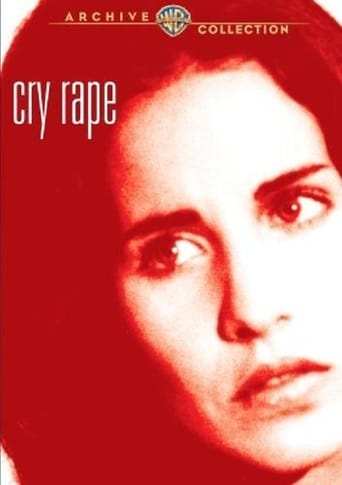Rosetta (1999)
Young, impulsive Rosetta lives a hard and stressful life as she struggles to support herself and her alcoholic mother. Refusing all charity, she is desperate to maintain a dignified job.
Watch Trailer
Cast


Similar titles
Reviews
Absolutely Fantastic
It’s an especially fun movie from a director and cast who are clearly having a good time allowing themselves to let loose.
If you like to be scared, if you like to laugh, and if you like to learn a thing or two at the movies, this absolutely cannot be missed.
One of the worst ways to make a cult movie is to set out to make a cult movie.
Re-watched this film recently out of interest and vague, powerful memories of the lead actress, Emile Dequenne. I was very happy to have revisited it. In the years since seeing it, I have caught up on all the Dardenne brother films, and consider them to be among my favorite directors, observant, gentle, and tuned into a world I personally know very little about. His characters are alien to me - and indeed alienated themselves, though I grew up in Belgium I did not know anybody like Rosetta. The impact of a Dardenne brothers film is very intense, and are often very cathartic. Rosetta is no different. Filmed very sparsely, leaving characters with very little place to hide and ultimately displaying a profound vulnerability. It really belongs among the greatest films.
Unemployment is one of the biggest social issues we are dealing with today and the work we do is usually seen as a thing everyone should do, if you don't you're not part of the society. Trying to get work and trying to belong have been subjects the Dardenne brothers have been dealing with their films. Rosetta (1999) is about a girl who gets excluded from the society and is trying desperately to get back in.Usually the films by the Dardenne brothers build around the moral choices their characters have to make. So do they put us in charge to judge them? Are the choices they do right or wrong, I think they do want to challenge us in that. And the fact why we are able to judge them is because we get so close to them. The distance between us, the audience and the characters is close. It has been achieved through their original narrative but also through the extraordinary cinematography. Each sudden change will shock the audience.The camera is at some points tied to the character. It follows the characters and their lives very closely. Jean-Pierre and Luc Dardenne always, according to what I've read, film their movies chronologically. They start with the first scene and then move on. By that they achieve to create a very realistic storyline. Because the actor/actress doesn't know what's ahead of him/her. So the films by the brothers are like pieces of life.Rosetta (Émilie Dequenne) is a young girl living with her alcoholic mother in a caravan at an industrial area in Belgium. Rosetta gets fired and tries desperately to get a new job. Unemployment is the war she's fighting, she needs to get a job to be normal - to be like everybody else and she is ready to do almost anything in order to get a job. The moral choices she has to make during her search of work are given to us for observation and thinking. Because in the end is there only one last choice: to kill or not to. That is the basic question the film brings up. How important is it to be a part of the society? For Rosetta it means everything, she's hanging on and if she let's go she vanishes. She doesn't exist without work.So in the center of Rosetta there is a human being, who gets thrown out of the society and it's not good if you want to do something, but you're not able to do it. Rosetta wants to work, but can't that is a huge problem in the modern world we live in. The main themes of Rosetta are private despair, the concept of work and how it is vanishing.The realism by the Dardennes is achieved through their documentary-stylish narrative, fast-paced editing, cinematography, marginal dialog and by amateur actors. The actress Émilie Dequenne won the Golden Palm for her debut role as Rosetta and many other actors/actresses have won awards for their first roles when working with the Dardenne brothers.This a brand new radical style the Dardenne brothers have created. They are changing the basic elements of cinema, they are changing the narrative as they are the cinematography. I don't mean that they have just let all the things they've learned from movies, their films still have some of the traditional elements. There's always the suspense that builds around the moral choices and there's always the mystery - what is happening inside the character's head? They are philosophically modernizing cinema and Rosetta (1999) with Le fils (2002) is the finest example of it. Neither of them has got musical score at all, which puts us in charge of observing and paying more attention to the sounds around us.
There is no plot, there is no story, we are just witnessing a few days of life of Rosetta. A tough life. Despite the young age of the actress, she seems older and you can read from her face that something unpleasant is going on. An alcoholic (and maybe prostitute) mother to take care of, a life in a campground, no friends, nobody that seems to be vaguely sympathetic with her, the need to work in order to survive and (probably) a poor schooling education. Brothers Dardenne do not give anything from granted: the unease of Rosetta's life is given by the continuous repetition of daily acts that in a "normal life" nobody has to do. Rosetta does not have access to hot water, she does not have a tap water in the van, she dresses with only few pieces of clothing, she always change her shoes with rubber boots before passing through the bush that leads to the campground ,etc. The movie is filled with normal acts that are not skipped or just summarized by the directors. When shutting down the hut where she sells muffins (job stolen to her friend), the directors let you see the entire procedure. The same when Rosetta drags her mother (completely drunk) in the van, or when she goes to get a new gas tank. The strength of the movie is represented by all of these scenes that make a life hard to live.This movie, if it can be defined neorealistic, differs a great deal, for example, from the Italian neorealism of the late '50. Despite all the difficulties of the Italian society after WW2, it appears that at least the family or the solidarity among desperate people is there. Rosetta seems to be an alien, one of the few people remained at the outskirts of a wealthy society. She cannot rely on other people like her, all the environment around her is not in tune, she is alone, she has not a chance to change her life.NOTE FOR SOME US AUDIENCE: despite Europe is quite far away and therefore it can be difficult to appreciate difference between countries, I would like to remember that Belgium is not France. This is a Belgian movie.
Brothers Jean-Pierre and Luc Dardenne concern themselves with creating films that put realism on the screen without using artifice or cinematic trickery to distract the audience from the socially aware message at the core of their narratives. Unlike the similarly themed dogme movement, or the more iconic works of Lars von Trier etc, the Dardenne brothers are unconcerned with changing the face of cinematic reality, but rather, take their cue from people like Ken Loach, Bruno Dumont and Robert Bresson; by creating honest, often-bleak works of film that take their character from despair, to hope, and sometimes, right back to despair, in order to give the audience a taste of a world away from the more comfortable social milieu we might be accustomed to. The concept could be read as hypocritical admittedly, and although the occasional heavy-handed quality of the brother's work does intermittently become preachy, there is ample opportunity to deliver some moments of earth-shattering drama.I first encountered the Dardenne's work back in 2001, when British film channel Film Four premiered their film The Promise (1996) in preparation for the premier of their highly acclaimed follow up film Rosetta (1999). Both films are here are heavily indebted to the naturalistic/realist work of Bresson and Loach, particularly films like Diary of a Country Priest (1951), Riff Raff (1990) and Raining Stones (1993); with the filmmakers presenting the viewer with a series of characters continually forced to the brink of despair, but desperate to pull themselves back.Rosetta was their follow up to The Promise and is the film that garnered the most attention when first shown at the Cannes film festival back in 1999. The film continues the thematic and visual preoccupations familiar from The Promise, though for me is less successful in its overall intent. The film follows the brilliant Emilie Dequenne as a troubled young teenager desperately searching the Belgium ghettos for work, whilst also having to put up with an alcoholic mother, a lecherous landlord and a series of ignorant civil servants. The use of hand-held cameras and jarring jump-cuts is much greater this time around with the brothers seemingly intent on alienating the viewer, but also, expressionistically conveying the lead protagonist's sense of cultural dislocation and alienation from the world around her. It also creates an extraordinary sense of intimacy between the audience and the character and showing the full range of Dequenne nuanced and entirely naturalistic central performance.As with The Promise, the brothers pepper their film with an abundance of topical, moralistic issues such as the passage into adulthood, immigration and domestic abuse, but at the centre of the drama there is still room for hope. Rosetta might not be a ground-breaking film or even the better film of the two that I have seen - its ideas are well worn and its scenarios familiar from the classic kitchen-sink cinema of films like Saturday Night and Sunday Morning (1960) and A Taste of Honey (1961) to name only two - but the process of refinement that the brothers are able to create with the subtle shading of characters and the no-nonsense approach to film-making is really quite affecting on the most personal and emotional of levels.

